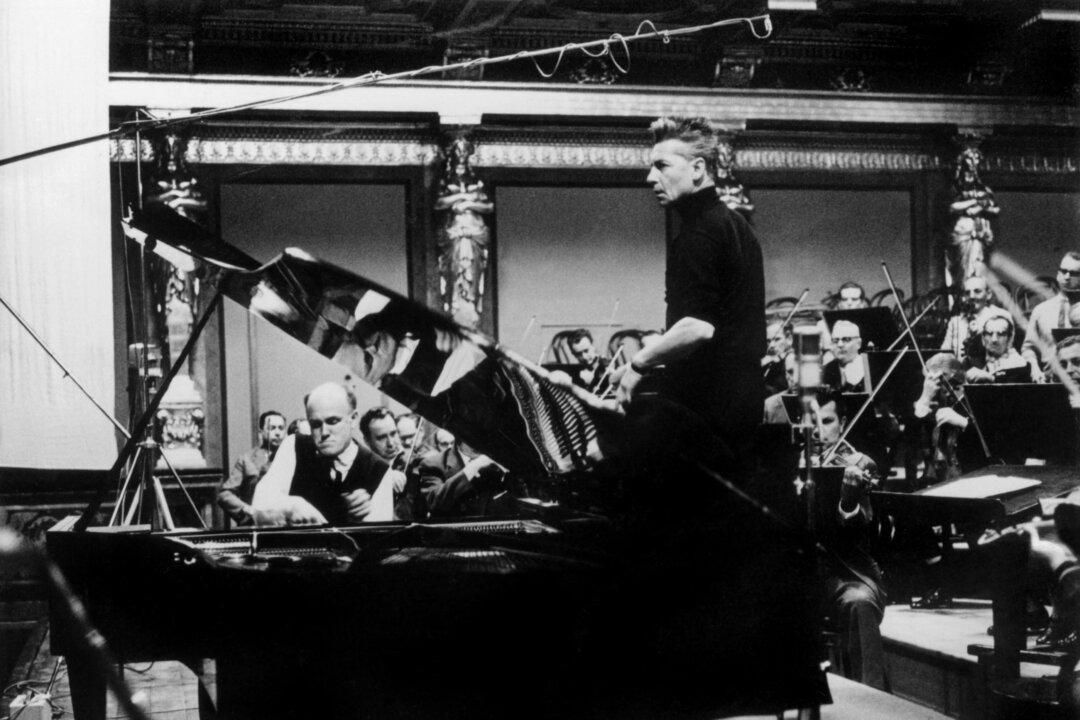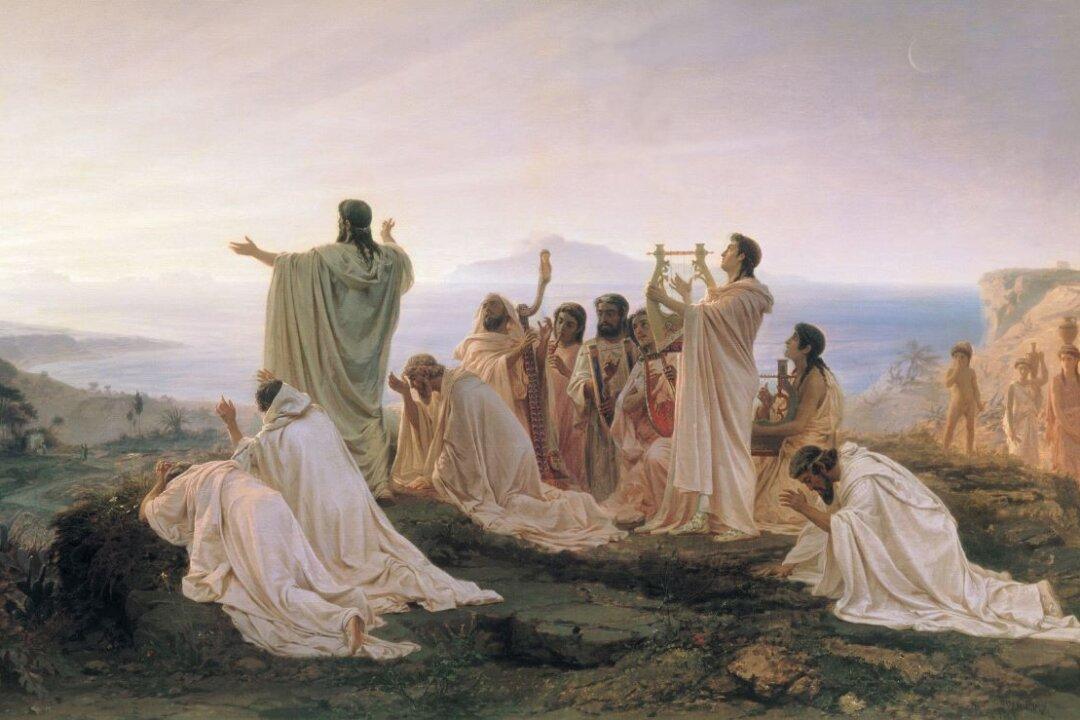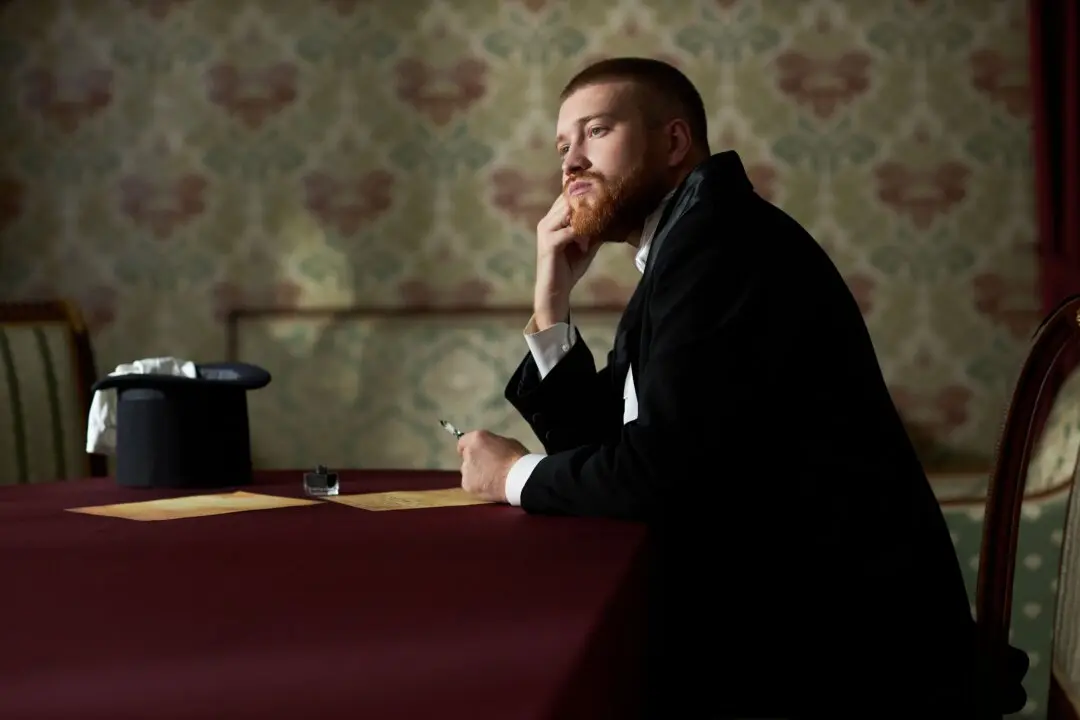Working as an artist in Soviet Russia was not exactly a freewheeling joyride of self-expression. The biographies of notable figures during this period are, for the most part, a litany of misery.
The poet Osip Mandelstam died in the Gulag for writing (hilarious) satirical verse about Stalin. Boris Pasternak was vilified by the state press for writing “Doctor Zhivago” and forced to decline the Nobel Prize for Literature. Alexander Solzhenitsyn’s ordeal in the gulags is world famous.





